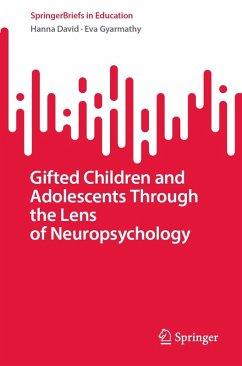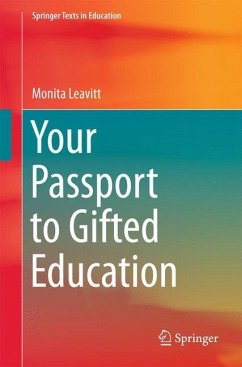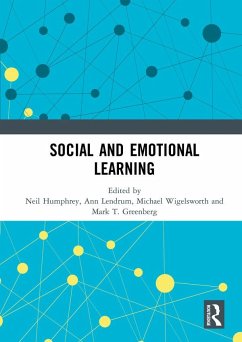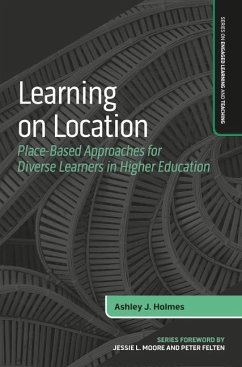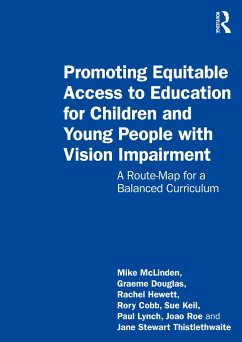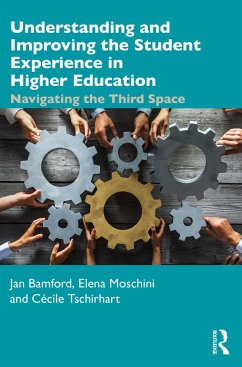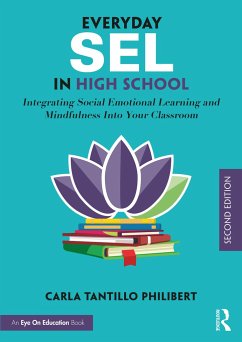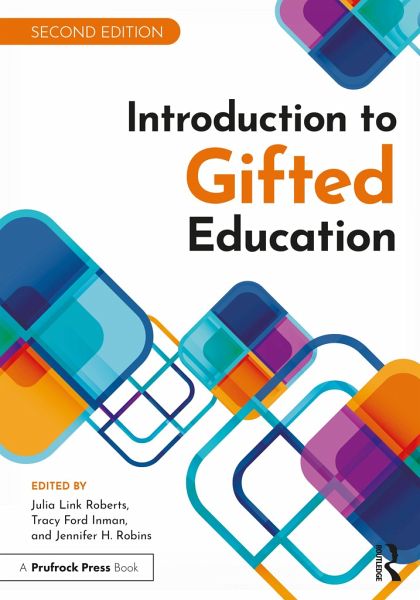
Introduction to Gifted Education

PAYBACK Punkte
50 °P sammeln!
Now in its Second Edition, Introduction to Gifted Education presents a well-researched yet accessible introduction to gifted education, focusing on equity and supporting diverse learners. Inclusive in nature, this essential text is filled with varied perspectives and approaches to the critical topics and issues affecting gifted education.Chapters cover topics such as gifted education standards, social-emotional needs, cognitive development, diverse learners, identification, programming options, creativity, professional development, and curriculum. The book provides a comprehensive look at each...
Now in its Second Edition, Introduction to Gifted Education presents a well-researched yet accessible introduction to gifted education, focusing on equity and supporting diverse learners. Inclusive in nature, this essential text is filled with varied perspectives and approaches to the critical topics and issues affecting gifted education.
Chapters cover topics such as gifted education standards, social-emotional needs, cognitive development, diverse learners, identification, programming options, creativity, professional development, and curriculum. The book provides a comprehensive look at each topic, including an overview of big ideas, its history, and a thorough discussion to help those new to the field gain a better understanding of gifted students and strategies to address their needs.
Filled with rich resources to engage readers in their own learning, Introduction to Gifted Education, Second Edition is the definitive textbook for courses introducing teachers to gifted education.
Chapters cover topics such as gifted education standards, social-emotional needs, cognitive development, diverse learners, identification, programming options, creativity, professional development, and curriculum. The book provides a comprehensive look at each topic, including an overview of big ideas, its history, and a thorough discussion to help those new to the field gain a better understanding of gifted students and strategies to address their needs.
Filled with rich resources to engage readers in their own learning, Introduction to Gifted Education, Second Edition is the definitive textbook for courses introducing teachers to gifted education.






